LIKE everyone else in the country, Zimbabwean business owners and industry captains are in a serious dilemma.
While there were desperate calls for "a clear winner" in July 31's election, as the coalition government had been marked by perennial squabbling which stifled decision-making, President Robert Mugabe's win still presents those past headaches which paralysed business operations.
From capital raising prospects, liquidity challenges to the revival of closed industries - via enhanced investor confidence - Zimbabwe's economy is still very much in the pits.
Whereas a Morgan Tsvangirai win was expected to inspire confidence through his Movement for Democratic Change party's move to harness all-round global capital, Zanu-PF's overwhelming win and the persistence of such strong-arm policies as the indigenisation programme are likely to worsen local commerce's woes.
Economist John Robertson said Zimbabwe suffers from a confidence crisis and the new government must pull all stops to spruce its image, and instil assurance in the economy.
"The recent decline on the stock market is a true indication that foreign investors do not have faith in a Zanu-PF led government because of its long standing history of implementing poor policies. It will take a long time for this government to be trusted," he added.
Charles Msipa, the Confederation of Zimbabwe Industries (CZI) president, said they were ready to work with the new government.
"The role of CZI is to advocate for an enabling environment in which industry can make a positive contribution to economic development, and employment-creation. We do so with policymakers whether they form part of an inclusive government or a single-party government," he said.
Msipa said they were going to use more or less the same strategy in engaging with policymakers - just as they did in the last four years and when the inclusive government was in effect or charge - to sustain
economic recovery and growth.
"We look forward to engaging with policy makers in the new government on how we can jump-start economic growth, which has unfortunately stalled in 2012-2013," he said.
Still suffering from a hangover of the hyperinflationary days, Zimbabwe's economy has failed to attract meaningful foreign direct investment (FDI) due to controversial policies and constant bickering in the last government.
As it is, the country's manufacturing sector - the major casualty of government's policy inconsistencies - has been operating at an average 44 percent in capacity utilisation.
In a clear signal that business - and the greater outside world - has no confidence in Mugabe and Zanu-PF's win, the Zimbabwe Stock Exchange on Monday lost more than $650 million after an 11 percent fall of its key index.
For a market largely driven by foreign investors, this is a serious indictment or response to the 89 year-old leader's re-election and jitters over upcoming policies.
However, constitutional law expert Lovemore Madhuku says it could be too early to hammer a Mugabe win.
"Those are immediate perceptions. We must pin our hopes on the basis that we have a democracy that is working… we have an election and those who have won the election must govern," the political commentator said, adding that "perceptions would die away" and "Zimbabwe cannot pin its economy growth hopes on the identity of who takes power."
He said the economy will respond to whatever policies Zanu-PF implements, but "if, of course, they have bad policies then there must be a response."
And Msipa also believes if the new government can create an environment that welcomes FDI to increase the level of capital inflows required in the country and make a clear pronouncement on the continuation of the multiple currency system, Zimbabwe economy might just grow.
"Addressing factors that improve the ease and cost of doing business in Zimbabwe as well as measures that enhance the competitiveness of local manufacturing sector-such as reduced level of Value Added Tax
for locally produced products," he said.
While the southern African nation had enjoyed relative success and growth under the government of national unity - especially after theadoption of the multi-currency regime in 2009 - Mugabe's controversial
re-election has thrust back Zimbabwe's economy into a predicament.
Christopher Mugaga, an independent economist, added that while "it was too early to tell what the new government will do", he expected it "to arrest corruption as a way of inspiring confidence in the economy."
"Mugabe must appoint a competent cabinet not comrades in war and he must also accommodate opposition politics in cabinet to help bring a balance in the economy," he said.
- weekendpost
 Zimbabwe's crocodile product exports surge
Zimbabwe's crocodile product exports surge  Starlink plans to go big in South Africa
Starlink plans to go big in South Africa  'Some very strange things are happening in China!'
'Some very strange things are happening in China!'  Zimbabwe's dollar stock exchange surges 45%
Zimbabwe's dollar stock exchange surges 45%  Gold edges up as traders await guidance
Gold edges up as traders await guidance  Gold shatters $4,000 milestone
Gold shatters $4,000 milestone  Young Investment Professional (YIP) Graduate Programme 2019
Young Investment Professional (YIP) Graduate Programme 2019 
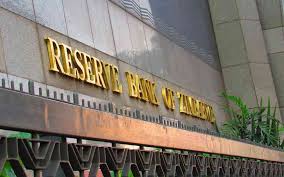
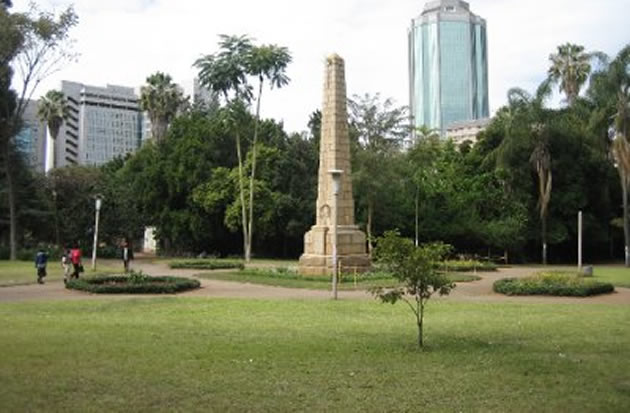

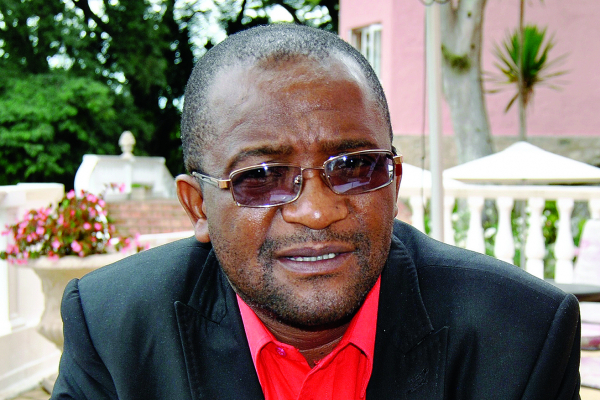

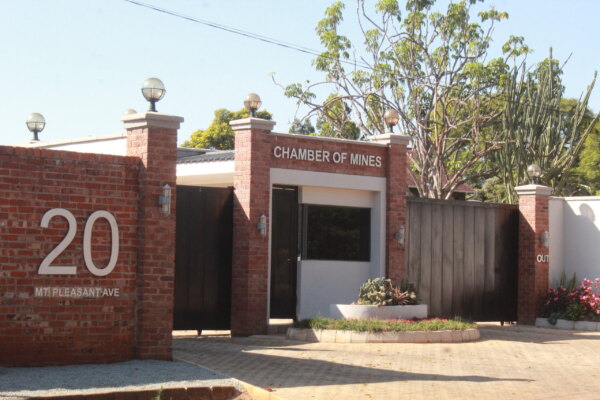


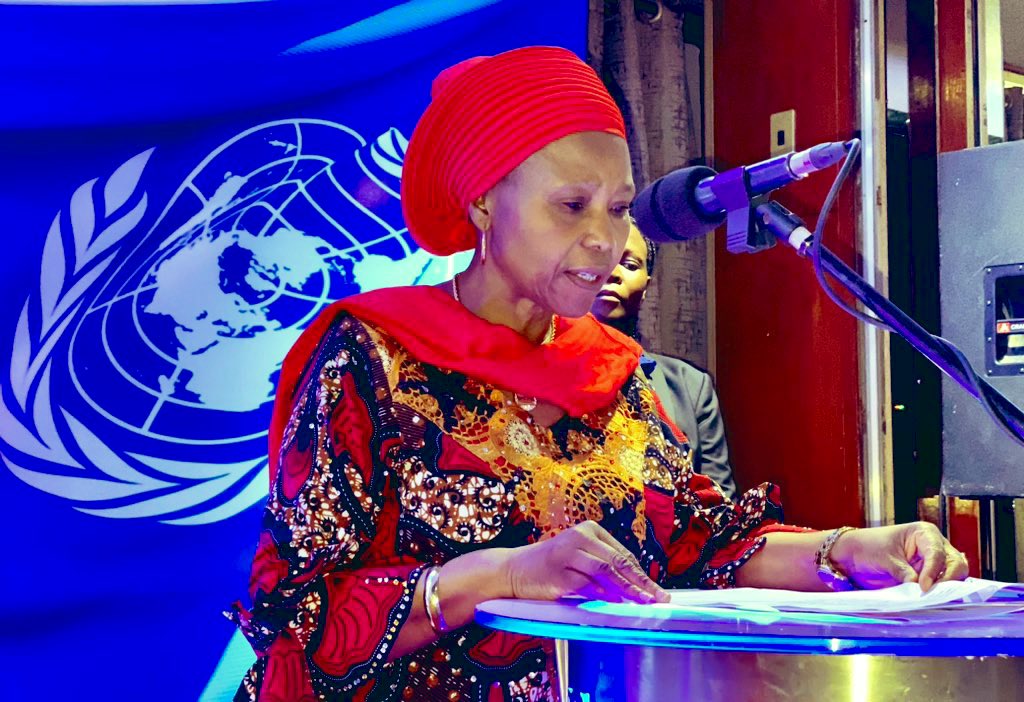


 Young Investment Professional (YIP) Graduate Programme 2019
Young Investment Professional (YIP) Graduate Programme 2019
Editor's Pick